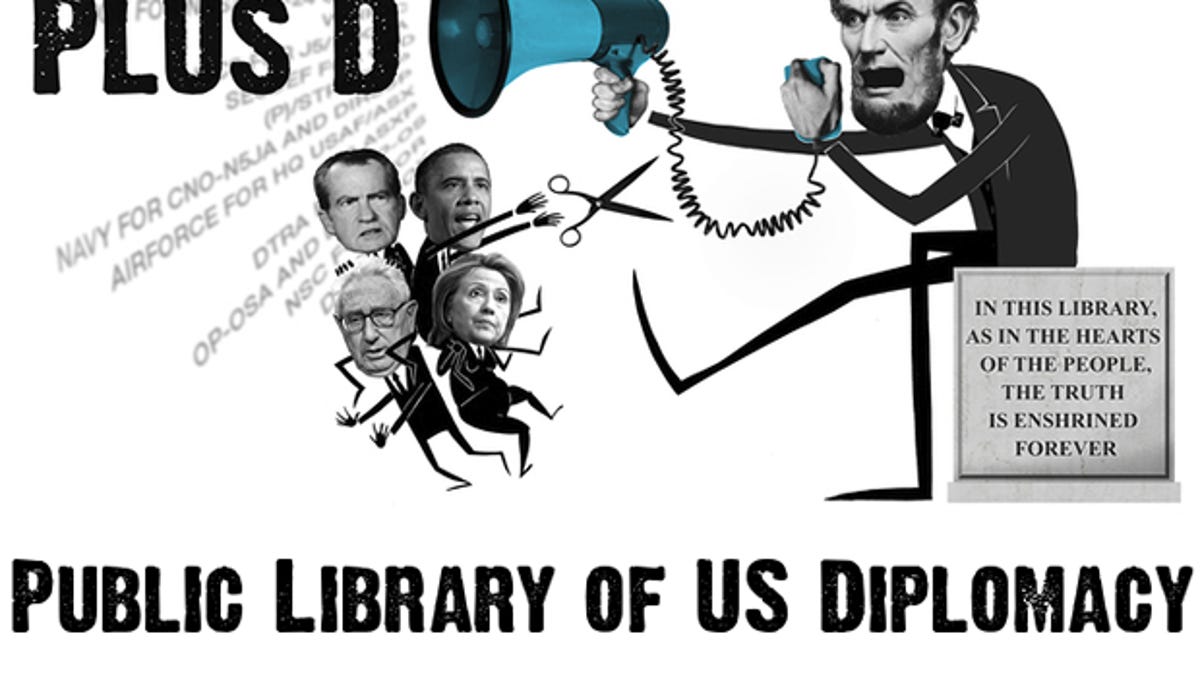Wikileaks launches searchable archive of government records
The searchable database includes a new collection of diplomatic records from the 1970s and more recent State Department memos.

You can now search among 2 million confidential, or formerly confidential, government documents courtesy of Wikileaks.
The whistle-blowing group has set up a new "public library of U.S. diplomacy" offering more than 1.7 million diplomatic files from 1973 to 1976. Dubbed "The Kissinger Cables," the files reveal diplomatic cables, intelligence reports, and congressional correspondence, many of which relate to then-U.S. Secretary of State Henry Kissinger.
As expected, the documents focus on some hot-button issues, including U.S. involvement with dictatorships in Latin America and Greece and the 1973 "Yom Kippur war" fought by Israel, Egypt, and Syria. Given the period in history, many files also touch upon the Vietnam War and Watergate.
Joining "The Kissinger Cables" is a more recent archive of State Department documents previously dubbed "Cablegate." These 250,000 diplomatic cables, mostly from 2003 to 2010, were originally posted by Wikileaks in 2010 and revealed confidential memos between the State Department and its various embassies throughout the world.
The documents proved embarrasing for both the United States and other governments, prompting several U.S. politicians to call for the prosecution of Wikileaks editor Julian Assange. The leak also led to the arrest of U.S. Army soldier Bradley Manning, who was charged with giving the confidential information to Wikileaks. In a military courtroom in February, Manning said he leaked the documents because he wanted to "spark a debate on the military and our foreign policy."
Both "The Kissinger Cables" and the "Cablegate" documents are now searchable through Wikileaks' new PlusD collection. Users can choose either database and locate specific files based on keyword, subject, date, government agency, and other criteria.
The documents from the 1970s were obtained through the National Archives and Records Agency (NARA), and like the Cablegate files, were formatted as PDF files. The older documents also contained many errors, so integrating them into a searchable Web site proved no small task, according to Wikileaks:
WikiLeaks obtained and reverse-engineered all 1.7 million PDFs and performed a detailed analysis of individual fields, developed sophisticated technical systems to deal with the complex and voluminous data, and corrected a great many errors introduced by NARA, the State Department or its diplomats, for example harmonizing the many different ways in which departments, capitals, and people's names were spelt.

